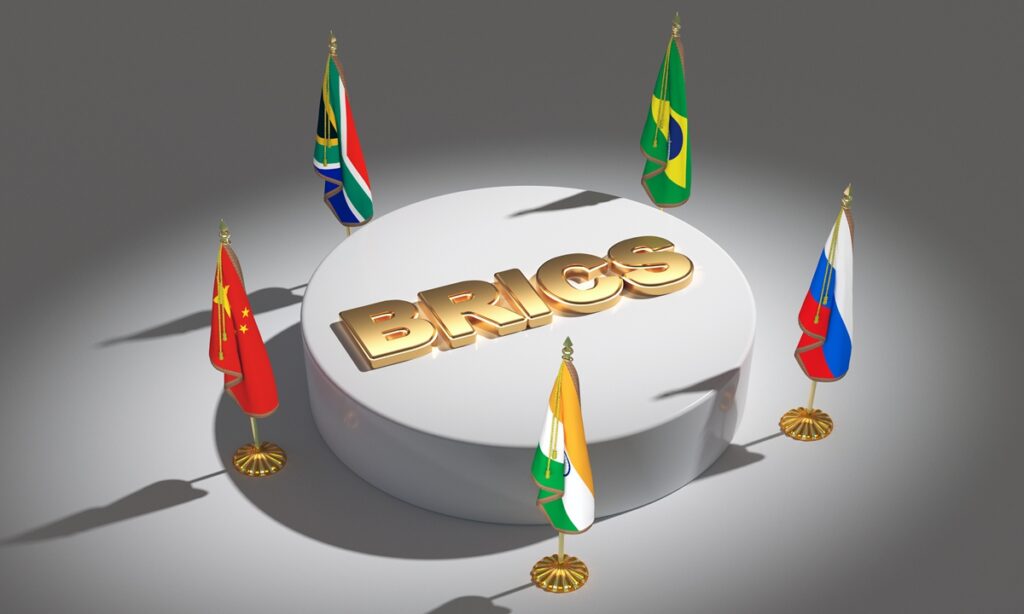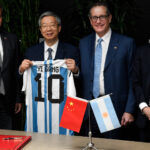More developing countries have expressed interest in joining the BRICS ahead of a summit scheduled to be held in South Africa in August. Analysts said the expansion of the BRICS showcases the growing strength of cooperation among developing countries, which will promote the building of a fairer international order.
Ethiopia, one of Africa’s fastest-growing economies, has asked to join the BRICS bloc of emerging markets. “We expect the BRICS to give us a positive response to the request we have made,” foreign ministry spokesman Meles Alem was quoted as saying by the state-run news agency ENA.
Nicaraguan Foreign Minister Denis Moncada has also reportedly expressed interest in joining the BRICS because the bloc promotes a multipolar order and stronger unity among developing nations.
The BRICS has been mulling expansion and it will be discussed at the upcoming summit in South Africa. Previously in June, foreign ministers from the BRICS countries – Brazil, Russia, India, China and South Africa – had gathered in Cape Town, South Africa to discuss issues of shared concern.
An increasing number of countries have applied to join the BRICS or expressed interest in doing so, including Venezuela, Argentina, Iran, Algeria, Saudi Arabia and the United Arab Emirates.
The BRICS mechanism has yielded practical achievements and set an example for South-South cooperation. With continuous upgrading and development, the mechanism is becoming more attractive to other countries, Lan Qingxin, director of the Center for BRICS Studies at the University of International Business and Economics in Beijing, told the Global Times.
The expansion of the BRICS also highlights the increasing strength of cooperation among developing countries, which will further inject impetus to contribute to the fairness and justice of the international order, said Lan.
BRICS countries account for more than 40 percent of the world’s population and about 26 percent of the global economy, which makes them a significant force to defend stability and peace amid increasing geopolitical risks.
Feng Xingke, secretary-general of the World Financial Forum and director of the Center for BRICS and Global Governance, said that nowadays the world is facing chaotic challenges such as anti-globalization, protectionism, trade barriers and sanctions and some countries insist on building small cliques and promoting decoupling, threatening the security of the global industrial chain and seriously disrupting the global market.
In facing these problems and challenges, how to maintain globalization and multilateralism in world governance is an important task for the BRICS countries, as they represent the interests of developing countries and emerging market countries, Feng told the Global Times on Friday.
The BRICS mechanism has always stressed international cooperation instead of hyping ideological confrontation or drawing military or political alliances. Together with the majority of developing countries, BRICS countries care about sustainable development, stability, food safety, post-COVID-19 recovery and stability of the global financial market, said Feng, noting that this is also why the BRICS are attractive to developing countries and new emerging economies.
With the expansion of the BRICS mechanism, more developing countries and new emerging economies can play a more active role in various fields to make developing counties’ voice better heard by the international community. It can also improve the global industrial chain, drive global economic recovery and make the international order multilateral and more fair, said Feng.
(Global Times)




